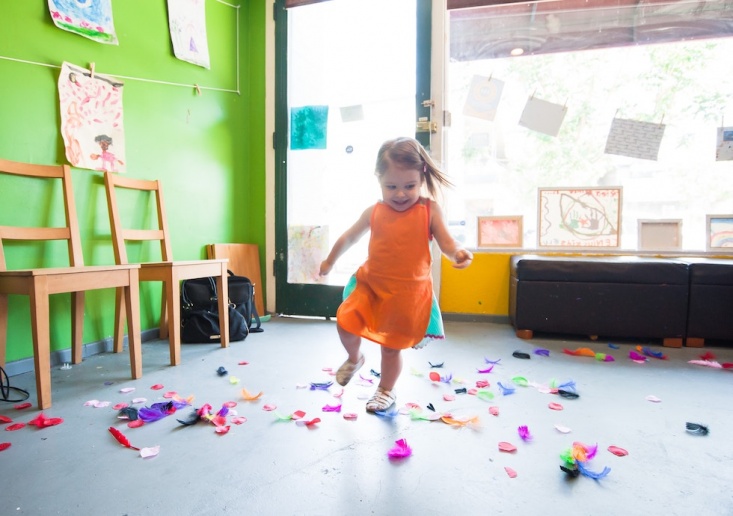The world has been developing at a high rate in the last few decades, and information has become more valuable than gold. Technology and knowledge sharing are progressing, which requires from us and our children to act accordingly. Knowledge acquired exclusively during formal education is no longer sufficient for the success of an individual. Therefore, there is an increasing need for obtaining knowledge and skills outside the school classroom. Formal education is slowly changing in accordance with the needs of society and it is its main disadvantage.
Why is school education not enough?
No matter how much effort individual schools and teachers put to meet the students' needs, the demands of the market and the desire of discovering new things are beyond their hard work and dedication. A school system is a huge machine, which by nature of things cannot develop to the extent necessary for the development of knowledge and skills of individuals. As much as formal education was trying to keep up with modern society – it lags behind. For this reason, additional learning is gaining an increasingly important role in society. It is oriented towards out-of-school needs of adults, children, after-school activities, and leisure.
Additional learning/informal education
Non-formal education refers to any planned program of individual and social education for young people designed to improve a number of skills and abilities, outside the formal curriculum.
Non-formal education practiced by many organizations is:
- voluntary;
- available to everyone (ideally);
- organized process with educational goals;
- participatory and participant-oriented;
- teaches life skills and prepares for active citizenship;
- it is based on both individual and collective learning with a collective approach;
- has a comprehensive approach and is process oriented;
- based on experience and action, and begins with the needs of the participants.
Non-formal education offers a variety of education programs that can be classified into two broad categories:
- Educational programs (for acquiring different knowledge and skills)
- Programs dealing with training (learning attitudes and positive values).
The target group in non-formal education are all people (of course, it must be in realistic possibilities related to the program itself). For some people, it can be the only possible and the only available education. It can also be of great help to people who have acquired formal education, but it is not enough for them. Formal and non-formal education complement each other and jointly strengthen the elements of the lifelong learning process.
So, the take away is: Want to be inline with the world that is spinning around you? – keep yourself motivated to keep learning, surround yourself with people who hold you to a higher standard. And here are some ideas on what to begin with:
- Read, read and read
- Take an Online Course
- Build or Make Something
- Connect and socialize
- Listen and Watch






